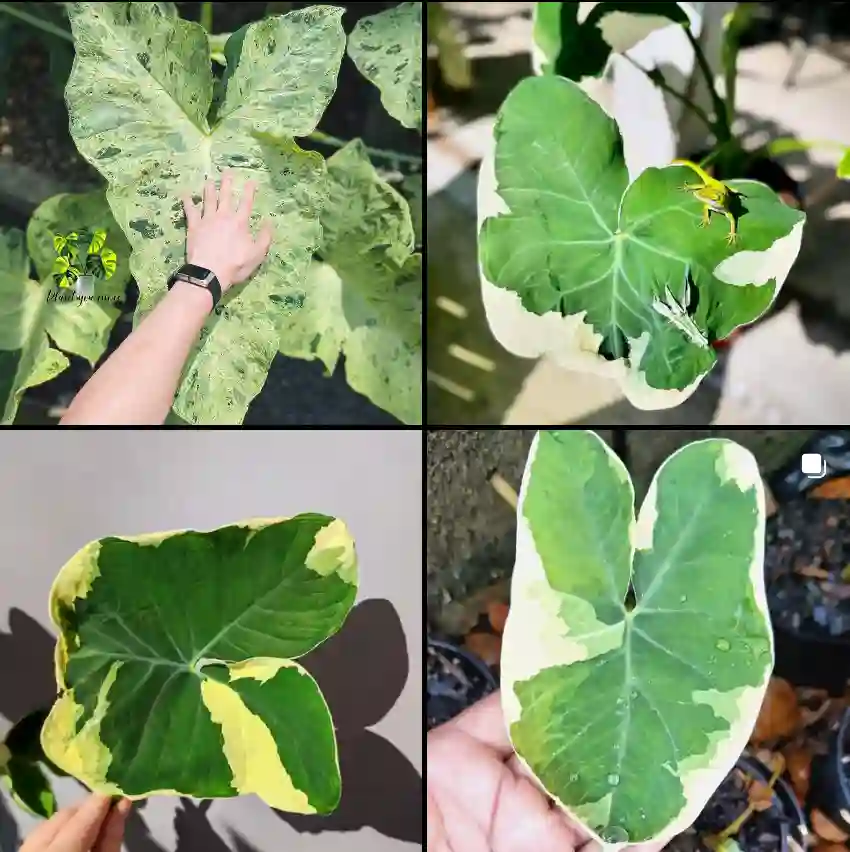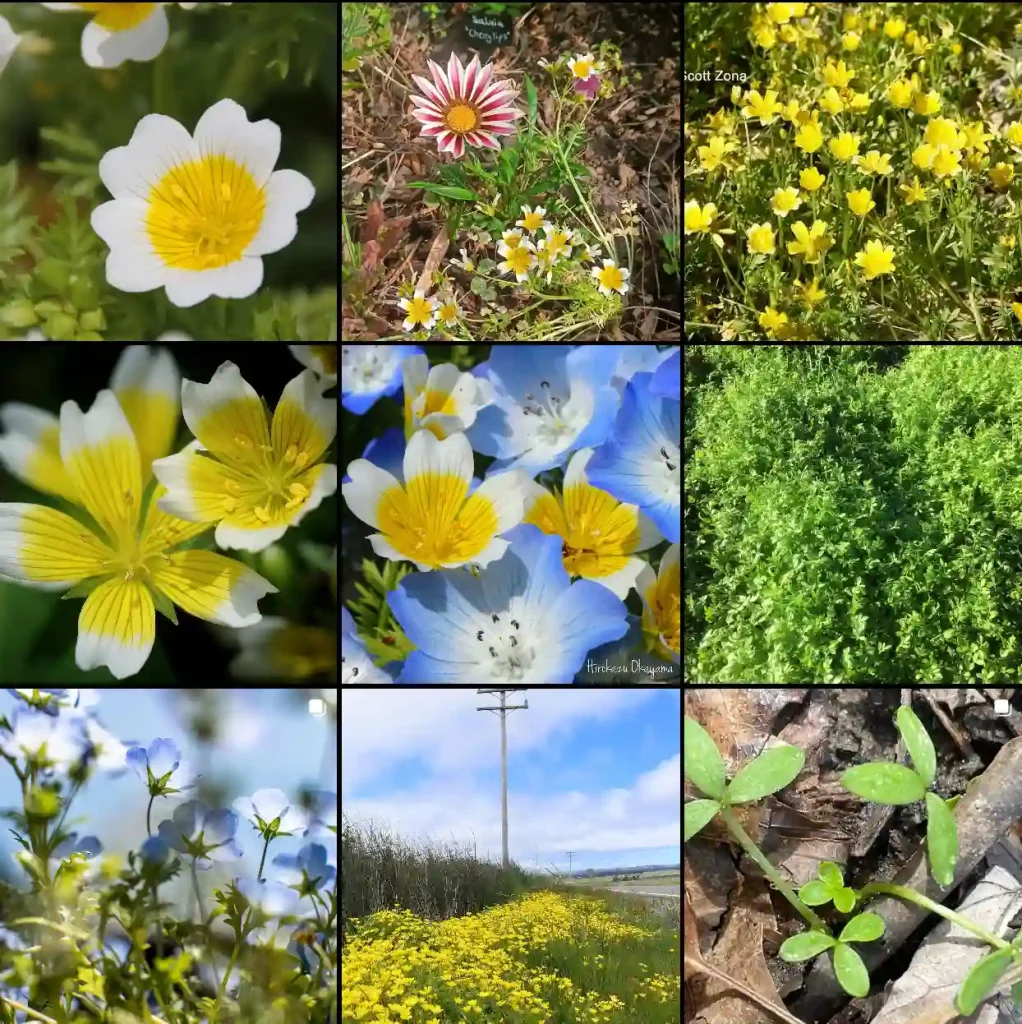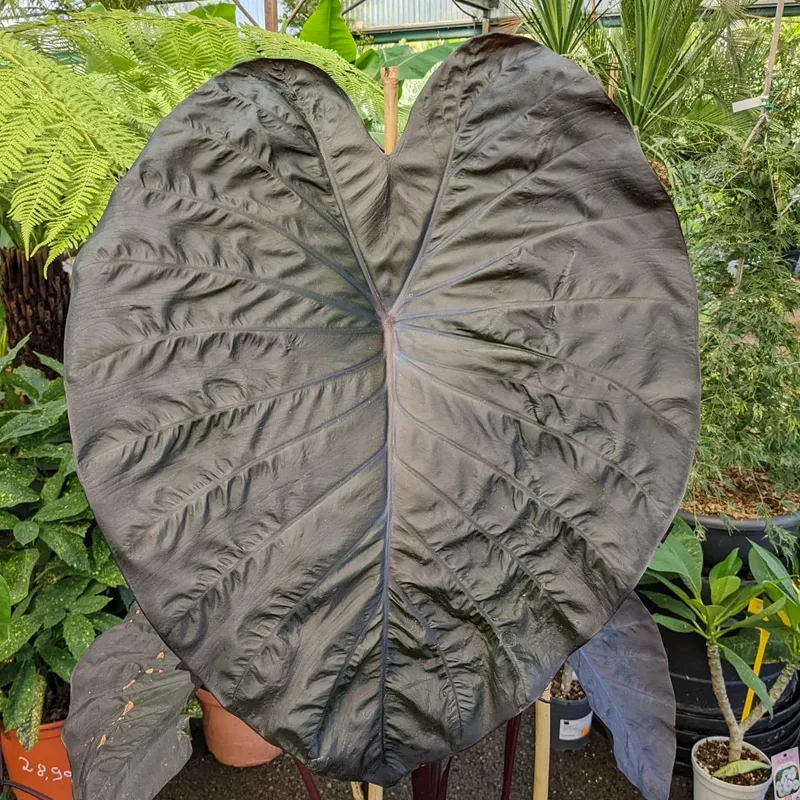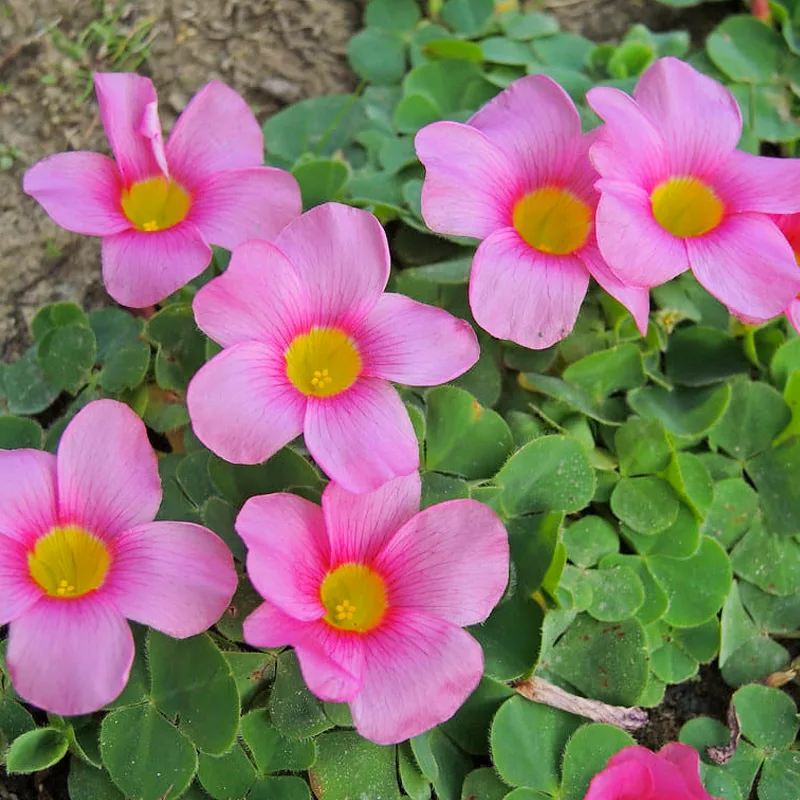Gordonia: A Floral Fascination
As a plant enthusiast, I, Ferb Vu, am always captivated by the diversity and beauty of the botanical world. One genus that has particularly piqued my interest is Gordonia, a group of flowering plants belonging to the tea family, Theaceae. These evergreen trees and shrubs are native to Southeast Asia and the Americas, gracing their environments with lush foliage and exquisite blooms.
Unveiling the Allure of Gordonia
What strikes me most about Gordonia is the sheer elegance of its flowers. Resembling camellias or roses, these blossoms boast a delicate charm that is hard to resist. Their colors range from pristine white to soft pink, adding a touch of understated beauty to any landscape. The glossy, dark green leaves of Gordonia provide a striking contrast to these blooms, creating a visually appealing display.
But Gordonia’s allure extends beyond its aesthetics. These plants are also known for their hardiness and adaptability, thriving in a variety of climates and soil conditions. This resilience makes them a popular choice for gardeners and landscapers seeking low-maintenance yet visually stunning additions to their outdoor spaces.
Delving into Gordonia’s Diversity
The genus Gordonia encompasses a fascinating array of species, each with its own unique characteristics:
- Gordonia lasianthus: Commonly known as the loblolly bay, this North American native is a stately tree that can reach heights of up to 70 feet. Its white flowers exude a subtle, sweet fragrance.
- Gordonia pubescens: This species, also native to North America, is distinguished by its hairy leaves and branches, giving it a unique texture.
- Gordonia acutifolia (Wawra) H.Keng
- Gordonia alpestris (Krug & Urb.) H.Keng
- Gordonia angustifolia (Britton & P.Wilson) H.Keng
- Gordonia barbinervis (Moric.) Walp.
- Gordonia benitoensis (Britton & P.Wilson) H.Keng
- Gordonia brenesii (Standl.) Q.Jiménez
- Gordonia cristalensis (Borhidi & O.Muñiz) Greuter & R.Rankin
- Gordonia curtyana (A.Rich.) H.Keng
- Gordonia ekmanii (O.C.Schmidt) H.Keng
- Gordonia fruticosa (Schrad.) H.Keng
- Gordonia haematoxylon Sw.
- Gordonia moaensis (Vict.) H.Keng
- Gordonia portoricensis (Krug & Urb.) H.Keng
- Gordonia robusta (Kobuski) H.Keng
- Gordonia samuelssonii (O.C.Schmidt) H.Keng
- Gordonia spathulata (Kobuski) H.Keng
- Gordonia tomentosa (Mart.) Spreng.
- Gordonia urbani (O.C.Schmidt) H.Keng
- Gordonia villosa Macfad.
- Gordonia wrightii (Griseb.) H.Keng
Embracing Gordonia in Modern Applications
Gordonia’s appeal extends beyond its ornamental value. The timber of some Gordonia species is prized for its durability and strength, making it suitable for construction and furniture making. Additionally, certain species have been traditionally used in herbal medicine for their potential therapeutic properties.
In recent years, Gordonia has also garnered attention for its potential in phytoremediation, the use of plants to clean up environmental pollutants. Studies have shown that some Gordonia species can effectively absorb heavy metals from contaminated soil, offering a promising solution for environmental restoration.
A Personal Reflection on Gordonia
My fascination with Gordonia stems not only from its aesthetic appeal but also from its resilience and versatility. In a world facing increasing environmental challenges, plants like Gordonia offer hope and inspiration. Their ability to thrive in diverse conditions and contribute to ecological restoration serves as a reminder of nature’s remarkable capacity for adaptation and renewal.
As I continue to explore the botanical world, I am certain that Gordonia will remain a source of fascination and admiration. Its beauty, resilience, and potential for positive impact make it a true gem among the plant kingdom.
If i die, water my plants!



